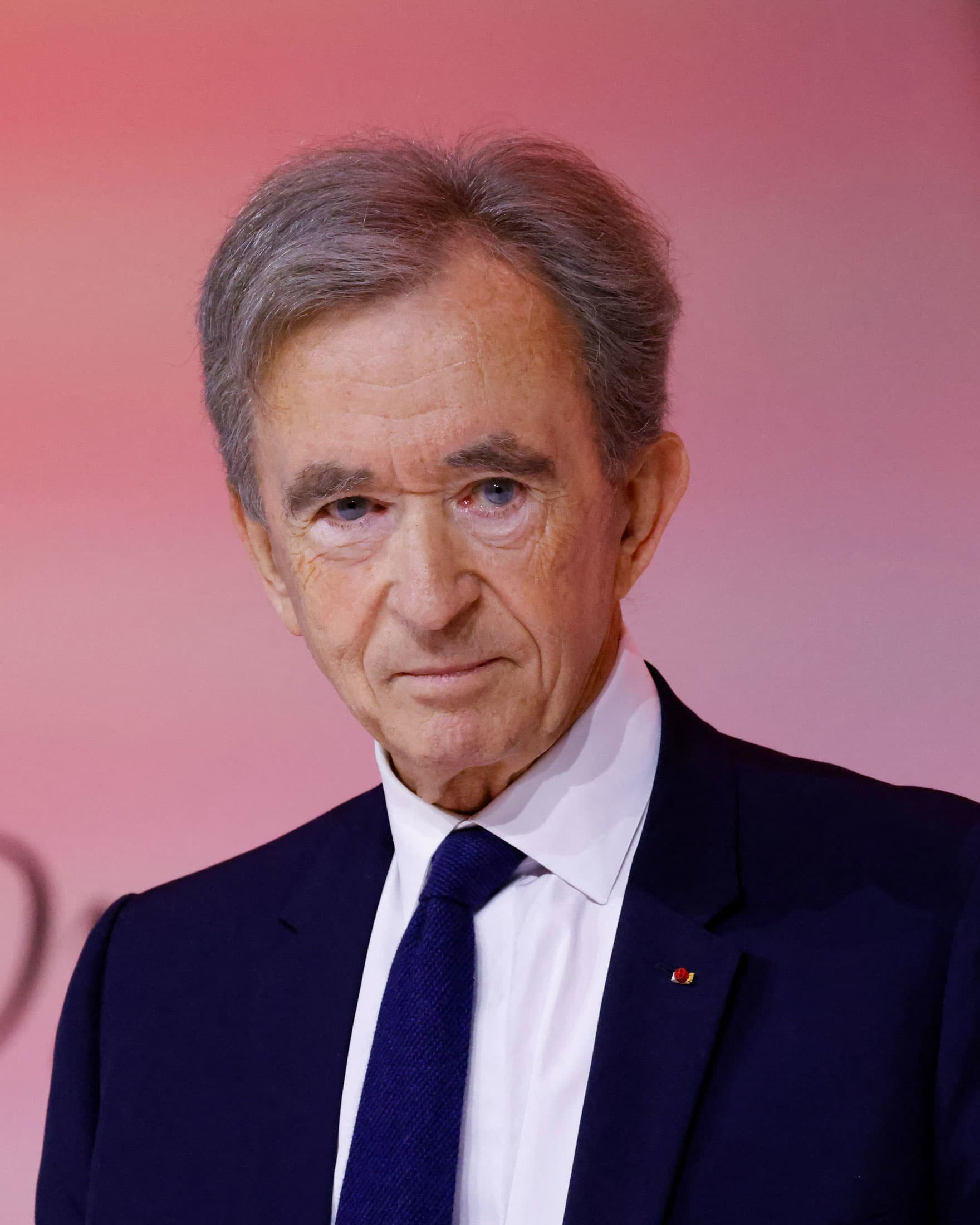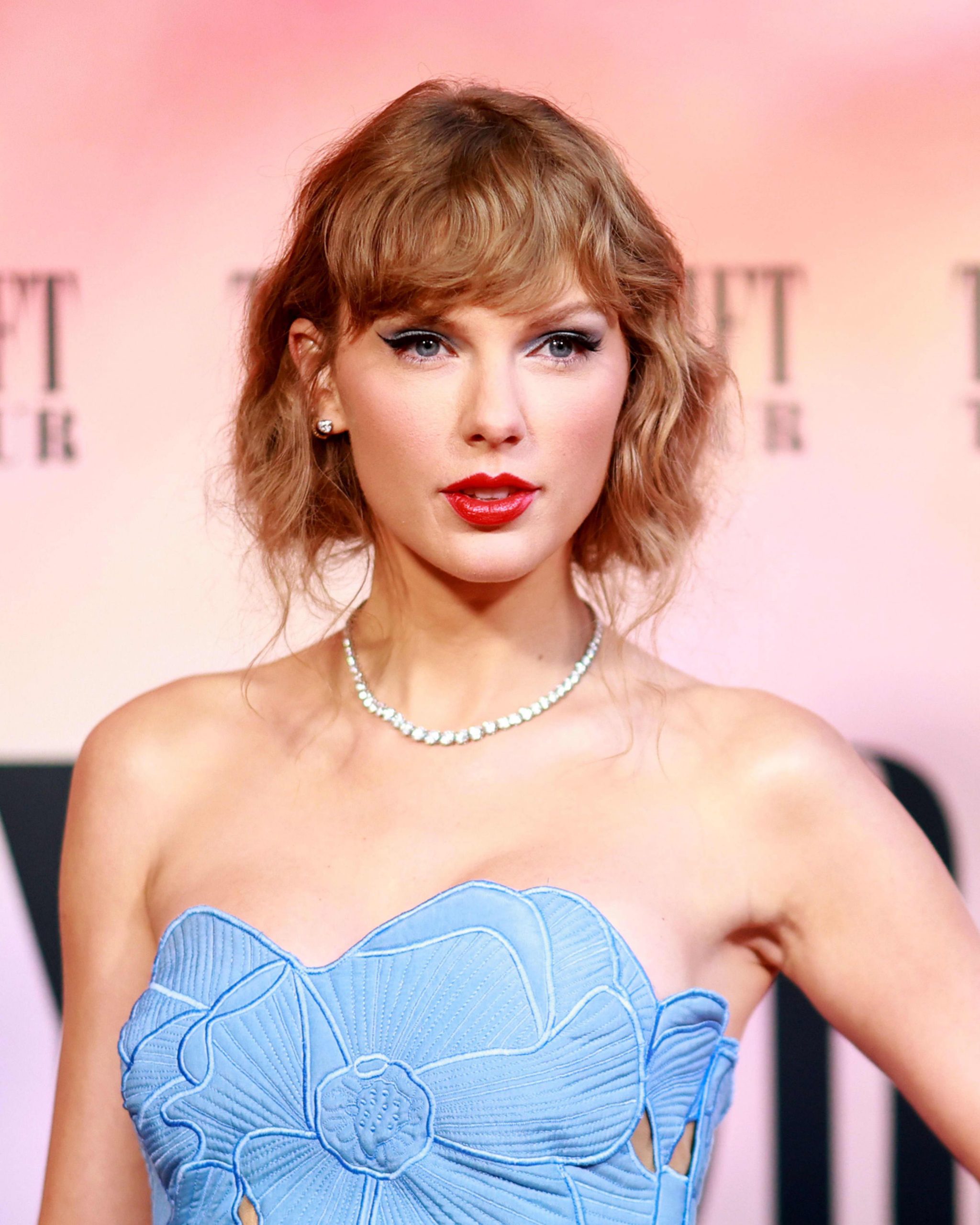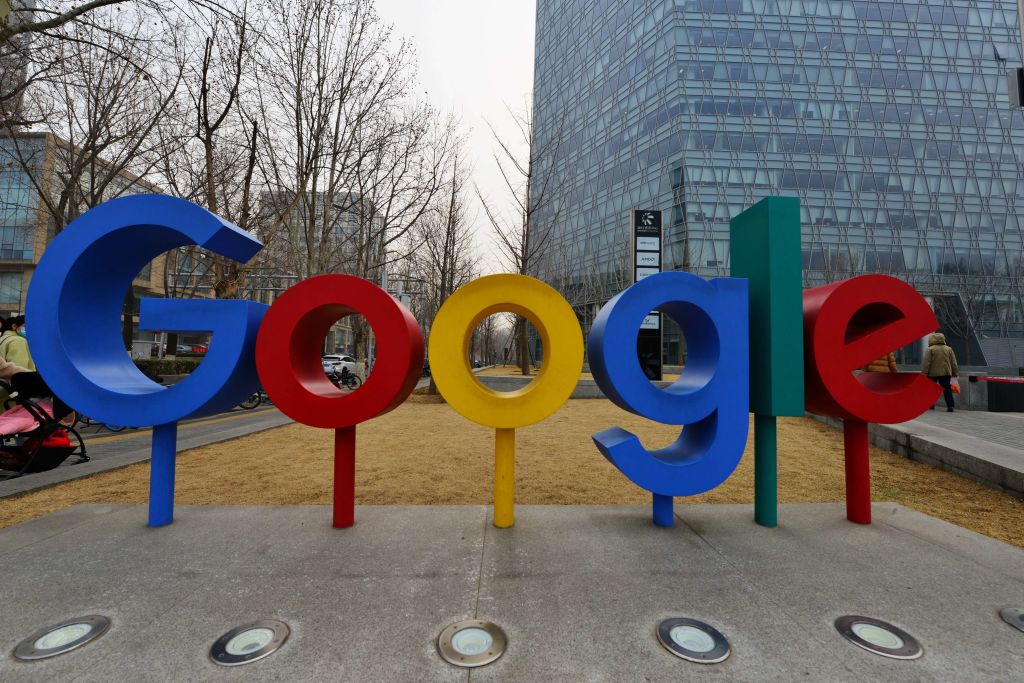For celebrities like Taylor Swift, Rihanna, Tiger Woods, and Steven Spielberg, fame is bringing fortune.
They’re among 14 performers, athletes, and entertainment moguls―along with Oprah Winfrey, Tyler Perry, and Michael Jordan― on the 2024 Forbes World’s Billionaires List, which the media company released this week. The annual ranking “has seen an explosion in celebrity billionaires in recent years,” Forbes said in a statement.
Topping the roster of fortunes: LVMH CEO Bernard Arnault , with an estimated net worth of US$233 billion―up from US$211 billion last year. Tesla and SpaceX founder Elon Musk ranked second, with a US$195 billion war chest, up from US$180 billion in 2023. Just a billion dollars short of second place, Amazon CEO Jeff Bezos placed third with US$194 billion, or $80 billion more than a year ago.

Getty Images
Tech titans dominate the rest of the top 10, which includes Meta CEO Mark Zuckerberg (US$177 billion), Oracle co-founder Larry Ellison (US$141 billion), Berkshire Hathaway CEO Warren Buffett (US$133 billion), Microsoft co-founder Bill Gates (US$128 billion), former Microsoft CEO Steve Ballmer (US$121 billion), Reliance Industries honcho Mukesh Ambani (US$116 billion), and Google co-founder Larry Page (US$114 billion.)
Swift made her debut on the list this year, along with 262 other “new billionaires” including shoe mogul Christian Louboutin, 19-year-old Brazilian heiress Livia Voigt, and NBA legend and entrepreneur Earvin “Magic” Johnson.
For Swift, worth an estimated US$1.2 billion, it’s the second star turn on a rich list this month. Last week, Swift made her first appearance on the 13th Hurun Global Rich Report, an annual survey from China-based media and research firm Hurun.
But the ultra wealthy had a very good year regardless of name recognition. The world now has more billionaires than ever, Forbes reported, with 2,781 in all. That adds up to 141 more than last year’s list, and 26 more than a record 2,755 billionaires set in 2021.
The richer are also richer, according to the list. Billionaires’ aggregate worth is now US$14.2 trillion, up US$2 trillion from 2023―and US$1.1 trillion above the previous record, also set in 2021, Forbes said.

Getty Images
A “flurry” of billionaires are getting rich through the AI “gold rush,” according to Forbes.
“The poster child for all this is Nvidia co-founder and CEO Jensen Huang ,” whose company’s stock surged 300% over the past year. Open AI CEO Sam Altman , who briefly lost control of his company last year, also made the list, owing to canny investments in his former role as head of VC firm Y Combinator.
The U.S. leads in billionaires, with a record 813 worth a total US$5.7 trillion. China ranked second, with 473 billionaires whose combined net worth is US$1.7 trillion. India set a record with 200 billionaires this year. Forbes said it calculated wealth using stock prices and currency exchange rates as of March 8. Two-thirds of the billionaires on the list emerged wealthier than a year ago; one-third have lost money.
Forbes’ list diverged from the Hurun rich list, where Musk reigned as the world’s wealthiest and Bezos and Arnault ranked second and third, respectively. The Hurun list was even richer, ranking 3,279 billionaires, up from 3,112 the previous year. The number of billionaires increased by 5% and their total wealth was up 9%, Hurun said.
 Copyright 2020, Dow Jones & Company, Inc. All Rights Reserved Worldwide. LEARN MORE
Copyright 2020, Dow Jones & Company, Inc. All Rights Reserved Worldwide. LEARN MORE
What a quarter-million dollars gets you in the western capital.
Alexandre de Betak and his wife are focusing on their most personal project yet.
CIOs can take steps now to reduce risks associated with today’s IT landscape
As tech leaders race to bring Windows systems back online after Friday’s software update by cybersecurity company CrowdStrike crashed around 8.5 million machines worldwide, experts share with CIO Journal their takeaways for preparing for the next major information technology outage.
Be familiar with how vendors develop, test and release their software
IT leaders should hold vendors deeply integrated within IT systems, such as CrowdStrike , to a “very high standard” of development, release quality and assurance, said Neil MacDonald , a Gartner vice president.
“Any security vendor has a responsibility to do extensive regression testing on all versions of Windows before an update is rolled out,” he said.
That involves asking existing vendors to explain how they write software, what testing they do and whether customers may choose how quickly to roll out an update.
“Incidents like this remind all of us in the CIO community of the importance of ensuring availability, reliability and security by prioritizing guardrails such as deployment and testing procedures and practices,” said Amy Farrow, chief information officer of IT automation and security company Infoblox.
Re-evaluate how your firm accepts software updates from ‘trusted’ vendors
While automatically accepting software updates has become the norm—and a recommended security practice—the CrowdStrike outage is a reminder to take a pause, some CIOs said.
“We still should be doing the full testing of packages and upgrades and new features,” said Paul Davis, a field chief information security officer at software development platform maker JFrog . undefined undefined Though it’s not feasible to test every update, especially for as many as hundreds of software vendors, Davis said he makes it a priority to test software patches according to their potential severity and size.
Automation, and maybe even artificial intelligence-based IT tools, can help.
“Humans are not very good at catching errors in thousands of lines of code,” said Jack Hidary, chief executive of AI and quantum company SandboxAQ. “We need AI trained to look for the interdependence of new software updates with the existing stack of software.”
Develop a disaster recovery plan
An incident rendering Windows computers unusable is similar to a natural disaster with systems knocked offline, said Gartner’s MacDonald. That’s why businesses should consider natural disaster recovery plans for maintaining the resiliency of their operations.
One way to do that is to set up a “clean room,” or an environment isolated from other systems, to use to bring critical systems back online, according to Chirag Mehta, a cybersecurity analyst at Constellation Research.
Businesses should also hold tabletop exercises to simulate risk scenarios, including IT outages and potential cyber threats, Mehta said.
Companies that back up data regularly were likely less impacted by the CrowdStrike outage, according to Victor Zyamzin, chief business officer of security company Qrator Labs. “Another suggestion for companies, and we’ve been saying that again and again for decades, is that you should have some backup procedure applied, running and regularly tested,” he said.
Review vendor and insurance contracts
For any vendor with a significant impact on company operations , MacDonald said companies can review their contracts and look for clauses indicating the vendors must provide reliable and stable software.
“That’s where you may have an advantage to say, if an update causes an outage, is there a clause in the contract that would cover that?” he said.
If it doesn’t, tech leaders can aim to negotiate a discount serving as a form of compensation at renewal time, MacDonald added.
The outage also highlights the importance of insurance in providing companies with bottom-line protection against cyber risks, said Peter Halprin, a partner with law firm Haynes Boone focused on cyber insurance.
This coverage can include protection against business income losses, such as those associated with an outage, whether caused by the insured company or a service provider, Halprin said.
Weigh the advantages and disadvantages of the various platforms
The CrowdStrike update affected only devices running Microsoft Windows-based systems , prompting fresh questions over whether enterprises should rely on Windows computers.
CrowdStrike runs on Windows devices through access to the kernel, the part of an operating system containing a computer’s core functions. That’s not the same for Apple ’s Mac operating system and Linux, which don’t allow the same level of access, said Mehta.
Some businesses have converted to Chromebooks , simple laptops developed by Alphabet -owned Google that run on the Chrome operating system . “Not all of them require deeper access to things,” Mehta said. “What are you doing on your laptop that actually requires Windows?”















